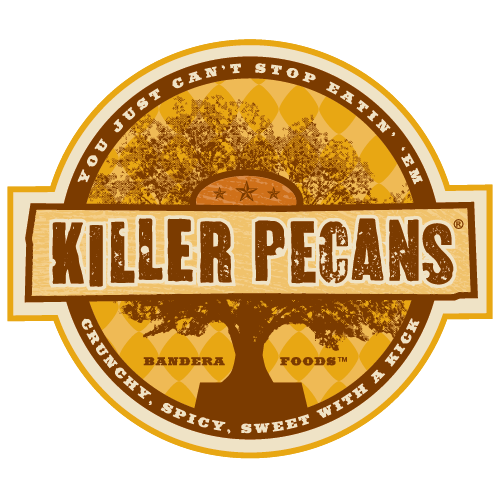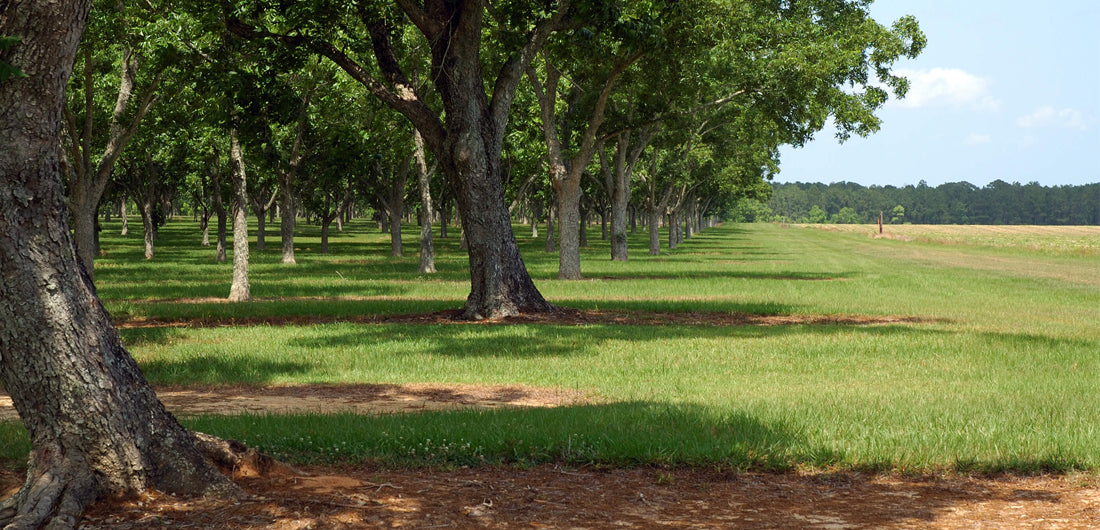The word pecan is derived from the Algonquin word “pecane” meaning “nuts requiring a stone to crack”, and crack they did! Pecans were a staple in the Native American diet during the fall and winter months; they used them to make nut milk. Native Americans began cultivating trees and trading pecans with European settlers who then began exporting them back to their home countries.
Here in the south, it’s hard to imagine our beloved pecans being exotic; however, pecans are the only nut native to the United States and North America is the only place in the world they are indigenous. Pecans grow wild along riverbanks across the south-east from Texas, to Kentucky, all along the Mississippi river thru Alabama, Georgia, and the Carolinas. Pecan fossils have been discovered in the remains of Native American settlements. The tradition of collecting, cracking, and eating pecans, which was started by Native Americans, has been passed down for generations and today that tradition is ingrained in our culture and cuisine. Anyone who grew up near a pecan tree has stories of collecting and cracking pecans with their grandma or chasing a rogue pecan collector out of their yard, and of course all the foods they love to make with America’s one and only indigenous nut.
Over the years, pecans have become a favorite for use in pies, salads, roasted and yes, even raw. We love pecans and we know we are not alone. The almighty pecan tree is the official state tree of Texas and pecan pie is our official dessert!

